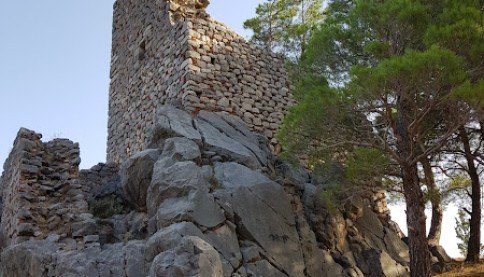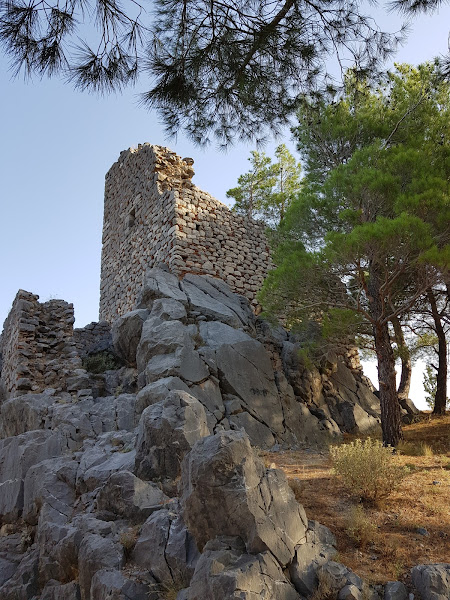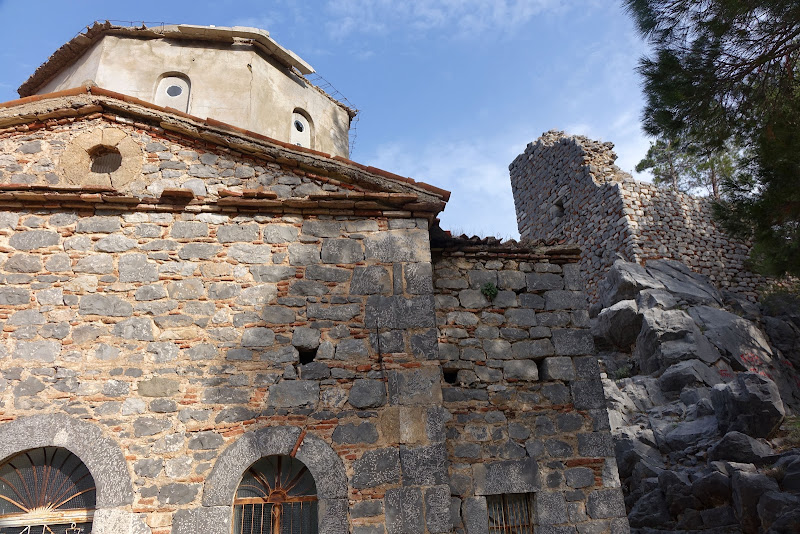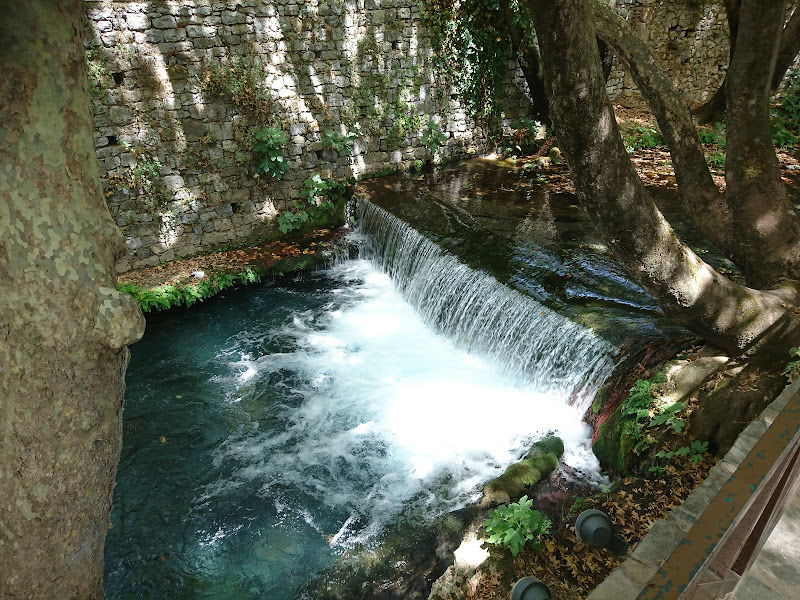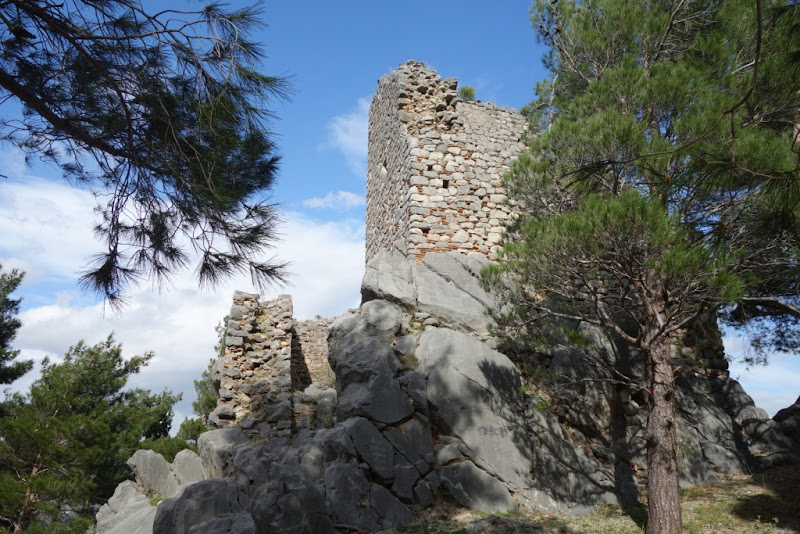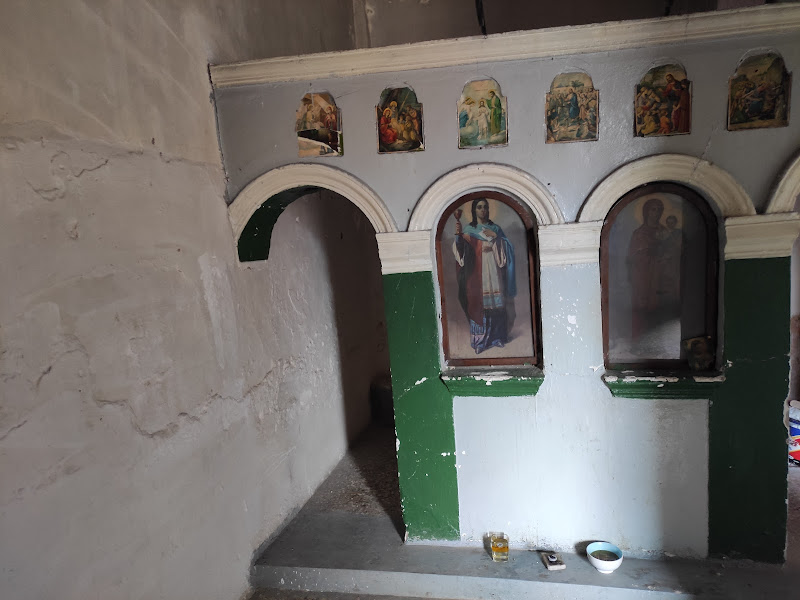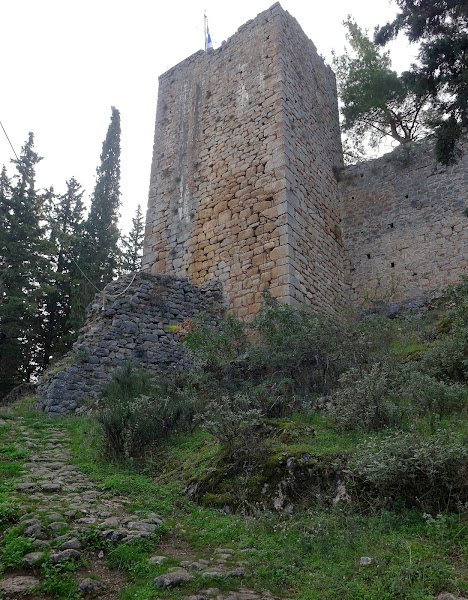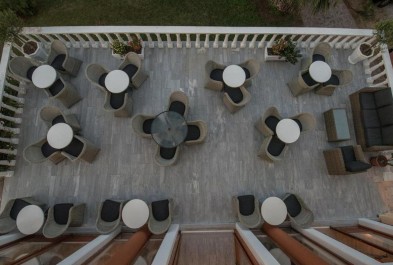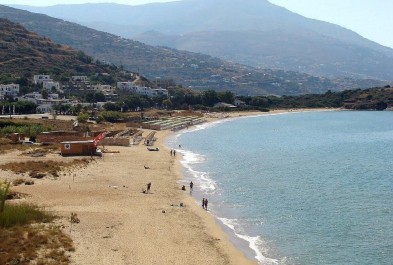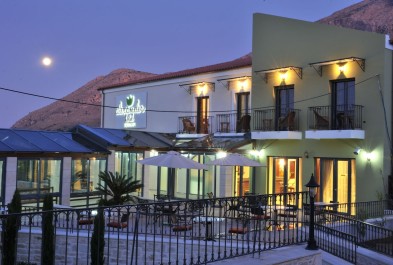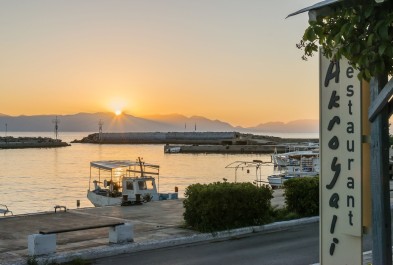Medieval Castle of Livadia #1269
- Purpose
- Excursion
- Type
- Castle
- Country
- Greece
- City
- Livadeia
- Zip code
- 321 00
Share links
Description
At this location, there was an ancient fortification dating back at least to the 5th century BC. During the classical period, the site was famous for the oracle of Trophonius, which was located nearby. The fortification was later used and repaired by both the Byzantines and the Franks.
The castle’s current form dates to the period when the Catalan Company controlled the area, which is why it is considered a “Catalan castle,” one of only four such castles in Greece.
In 1311, following the Battle of Almyros where the Catalans defeated and nearly destroyed the Frankish forces of the Duchy of Athens, Livadia was easily taken by the Catalans. The inhabitants opened the castle gates after securing an agreement to retain their Orthodox faith and be governed under the "customs" of Barcelona while becoming naturalized Franks.
During the Catalan rule, which lasted until 1380, Livadia became the most "Catalan" of all the cities in Central Greece, with the largest Catalan community in the region. The Catalans, of humble origins, formed communities that replaced the feudal structure previously established by the Burgundian Franks.
In 1380, Livadia was besieged by the Navarrese Company, another Spanish mercenary group. The Navarrese had been hired by Jacques des Baux, a claimant to the throne of the Principality of Achaia. After helping him seize Corfu, they turned against the Catalans in Central Greece because the Catalan Company did not recognize Jacques' rule. Though the Catalans were not subjects of the Principality, they were a dominant force in Frankish Greece at the time.
The Navarrese attacked several cities, including Livadia. Despite a valiant defense, the castle eventually fell due to the betrayal of a Greek official named Rotarios Gaskos (Rotari Gascó de Durazzo).
The fall of Livadia in 1380 marked the end of the Catalan chapter in the city's history, as the entire Catalan community left the city. Although the Navarrese soon had to withdraw from Central Greece in 1381, moving to the Peloponnese, the Catalans did not return. By 1390, Livadia had become the property of the new Duke of Athens, the Florentine Nerio Acciaioli, who had expelled the weakened Catalans from the Acropolis of Athens by 1388, ending their dominance in the region.
Indoor amenities
Route to location
Multimedia
Image gallery
Your Review
Please login or register to write your review
Reviews
No reviews found, be the first!


